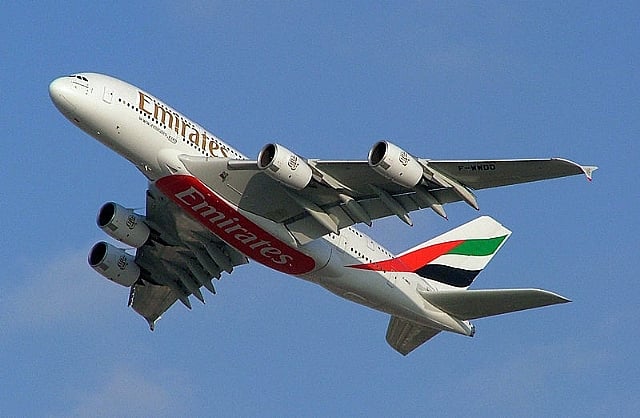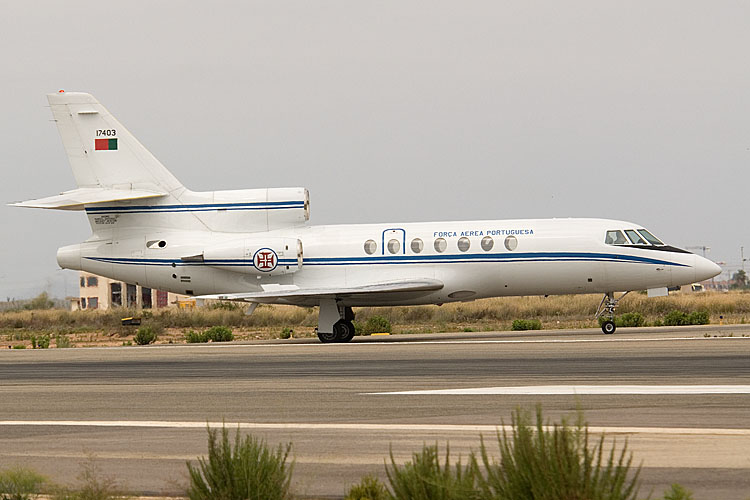Yet, the Kogi State capital city is an embodiment of history and even attractions that are worth exploring. It is in Lokoja that the River Niger, all the way from the Futa Jallon highlands in present-day Guinea, meets River Benue to form the foremost confluence in Africa that is remarkable on Nigeria’s map, and from which the state derives its nickname “The Confluence State”.
 |
| Lord Lugard house |
Of course, there are many reasons to visit Lokoja. It is the centre of Nigeria’s Centenary Celebration (100 years of existence as country) which peaks on January 14, 2014.
Even before the amalgamation of the various British protectorates, Lokoja had played a prominent role in hosting Lord Lugard, who oversaw the Northern Protectorate then, and who was also the architect of the amalgamation of the Northern and Southern Protectorates in 1914.
As the seat of the colonial government of the Northern Protectorate, it was in Lokoja that the amalgamation move started, and the Royal Niger flag was hoisted and later lowered in the same Lokoja.
Lokoja also hosted the headquarters of the West African Frontier Force (WAFF), the first military formation which Lugard was in charge of; it was from the city that the move to the North started, that is, the invasion of the Northern Protectorate.
Besides, Lokoja houses the tomb of all the emirs in the North who resisted Lugard; they were banished to Lokoja where they died. These include emirs of Kano, Zazzau (Zaria), Bida, Futa, among others. So, Lokoja played a very prominent role in Lord Lugard’s administration of this country.
It was also on top of Mount Patti in Lokoja that Lady Shaw, the mistress of Lord Lugard, who later became his wife, coined the name ‘Nigeria’. Lugard’s rest house is still on top of the hill; his office is still in Lokoja and used to be the office of the governors in the state from the military era till 2012.
Currently, the Kogi State Ministry of Tourism is making effort to move the state, and Lokoja in particular, to its rightful place in Nigerian history so as to take advantage of its tourism potential.
Mubo Eniola, permanent secretary, Kogi State Ministry of Tourism, in a recent chat notes that Kogi is at the forefront of the centenary celebration because of the role it played as host to Lugard’s administration.
What the state is doing, according to Eniola, is to factor into the celebration’s historical wealth by putting all the relics that represent the colonial time and history together for local and foreign attention.
 |
| Cenotaph in Lokoja |
Article accredited: Business day












